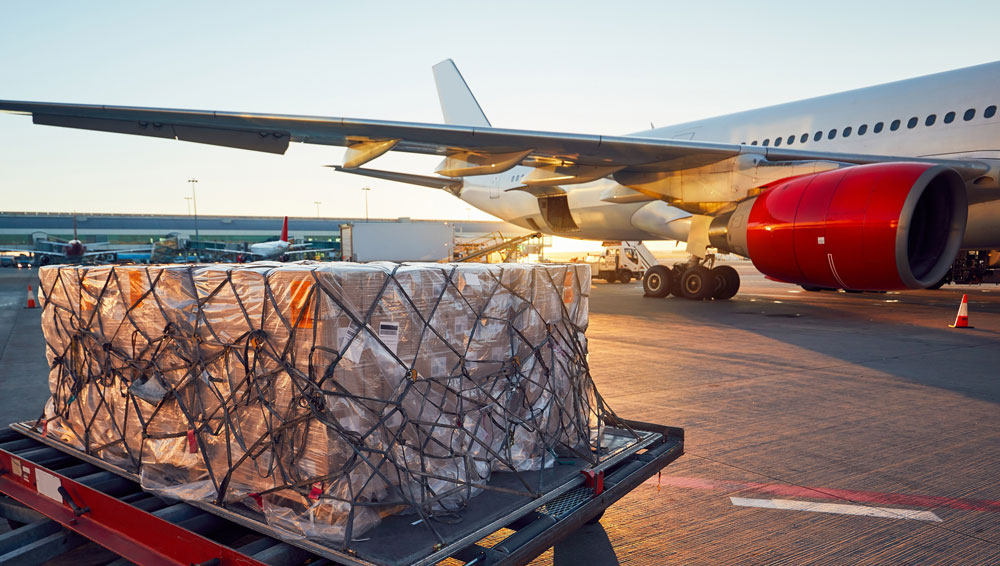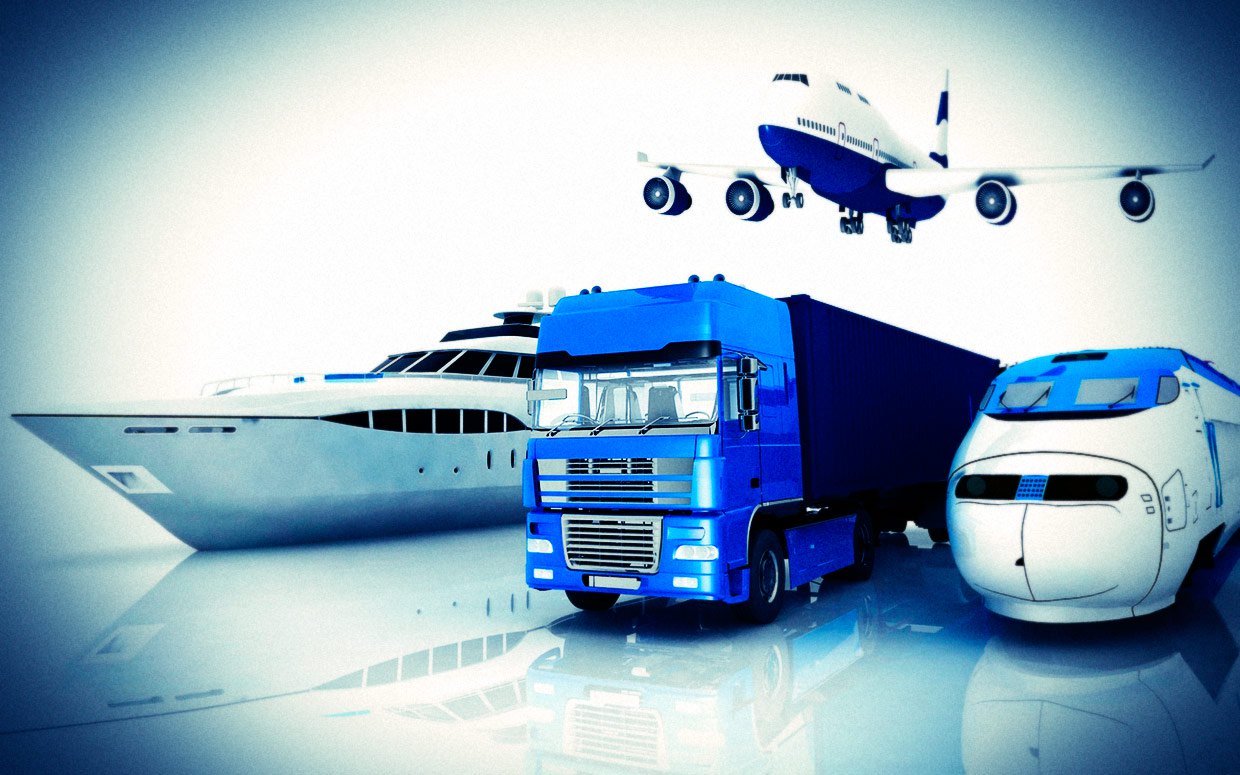Air freight’s expert is here to save the day!
Are you planning on importing goods by air from Vietnam to France and then you encounter numerous issues?
You are completely baffled by the air freight cost, trucking fee and all kinds of charges for a shipment from Vietnam to France?
You want to know how long it takes for air freight to travel from Vietnam to France?
Then you find yourself in a situation with a pile of papers that you don’t understand at all?
All you have to do is finding a reliable airfreight forwarder for your air freight from Vietnam to France.
We, Best Cargo, are proudly to be recognized as one of the most reputable and trust-worthy company in Vietnam with many years of expertise in providing air freight services from Vietnam to France.

Best Cargo will give some information to help you answer the issues above.
Trade relations between France and Vietnam
There are more and more French enterprises are interested in entering the Vietnamese market, whether by opening a representative office, establishing a distribution agency, or constructing a manufacturing plant.
Conversely, it is becoming more common to see Vietnam’s products on the shelves of French stores. The European Union-Vietnam Free Trade Agreement (EVFTA), which entered into force in August 2020, has been a significant driver of growth between France and Vietnam. This will continue as tariffs continue to decline in accordance with the tariff timeline stated in the agreement. Which would definitely boost the import and export activities between two countries, including the air freight.

Some of France’s main international airports
Charles de Gaulle International Airport (Airport IATA code: CDG) – Paris
Nice-Côte d’Azur Airport (Airport IATA code: NCE) – Nice
Lyon Saint-Exupéry Airport (Airport IATA code: LYS) – Lyon Marseille
Provence Airport (Airport IATA code: MRS) – Marseille
Toulouse-Blagnac Airport (Airport IATA code: TLS) – Toulouse
Paris-Orly Airport (Airport IATA code: ORY) – Paris
Euro Airport Basel-Mulhouse-Freiburg Airport (Airport IATA code: BSL) – Basel
Bordeaux-Mérignac Airport (Airport IATA code: BOD) – Bordeaux
What kinds of cargo can be transported by air?
When it comes to the many types of cargo transported by air freight, they are divided into two categories: general cargo and special cargo. Special Cargo is then subdivided into smaller, more specialized groupings. We shall focus our attention on these specialized sub-groups. Types of cargo that can be transported through air freight .
What exactly is general cargo?
General cargo refers to things that do not fall into the Special Cargo categories and do not necessitate any specific procedures or handling during air freight. Retail and most consumer products (except mobile phones, tablets, and laptops), dry goods, hardware, textiles, and other commodities fall under this category. Consider your typical, everyday objects; the vast majority of them would fall under the general cargo area.
What exactly is special cargo?
Things get a little more tricky with special cargo. Special cargo are items that, due to their nature, weight, dimensions, and/or value, may have special needs such as packaging, labeling, paperwork, and transportation chain handling. Specific restrictions govern the transportation of these items, which must be followed when preparing, offering, accepting, and managing this cargo. Among the items are dangerous commodities, live animals, perishable cargo, wet cargo, and time and temperature sensitive products.
What rules and regulations apply to air freight?
If you are wondering what rules and regulations are applicable in air freight, there’s a lot that went into their development. Each type of cargo in air freight has its own set of rules and regulations. These have been developed by a range of groups ranging from ICAO to various government agencies to individual airlines, which is why IATA has published manuals to break them down in an easy-to-understand, simplified manner.
In this regard, IATA’s Dangerous Goods Regulation (DGR) helps you classify, mark, pack, label and document dangerous shipments and hazardous materials in compliance with air transport regulations.
What should you know about shipping hazardous materials?
The IATA Dangerous goods Regulations (DGR) document is the sole standard recognized by airlines and the global reference for shipping dangerous products by air. It includes everything required to properly categorize, prepare, accept, and handle dangerous commodities shipments in accordance with international air transport standards.
What is the IATA Cargo Handling Manual?
The IATA Cargo Handling Manual (ICHM) is a publication of the most current recommended practices for airline stakeholders to follow. It gives all the required documentation in an accessible step-by-step format. It was developed by an IATA council named the ICHC (IATA Cargo Handling Consultative Council) founded in 2011 by the Cargo Advisory Council (CAC).
Yet, these papers and procedures could be a demanding exercises for those aren’t familiar with the air freight process. Just leave it to us!
With our knowledge and experience in air freight, all problems about the goods to be transported will be solved.
Here are the reasons why you should choose Best cargo’s air freight services
Experienced in air freight services for many years.
Competitive price
Professional services available for 24 hours
Tracking and tracing your air freight
Door to door services.
Don’t hesitate us to contact us for consultation and quotation of air freight services immediately!
You may concern:
Advantages and disadvantages of Current modes of transport
Transporting goods from Vietnam to Germany, the most prestigious number 1



